NEW YORK, Nov 06 (V7N) – Zohran Mamdani, a 33-year-old Democratic Socialist, has made history by becoming the first Muslim mayor in the 400-year history of New York City, the world’s commercial capital. His victory marks a groundbreaking moment in American politics, inspiring progressives across the nation while drawing criticism from President Donald Trump, Republican leaders, and some centrist Democrats.
Mamdani, who currently serves as a New York State Assemblyman from Queens, will become the city’s 111th mayor, making him both the first South Asian–descended and the first Africa-born individual to hold the position. He is also the youngest mayor in over a century.
In his victory speech on Tuesday night, Mamdani said, “The people of New York have voted for change — for a city that lives within its means.” Addressing thousands of supporters, he added, “Friends, we have defeated a political dynasty. Tonight, New York City is reborn.”
The November 4 election saw Mamdani defeat former Governor Andrew Cuomo and Republican candidate Curtis Sliwa by a decisive margin. Cuomo, who lost in the Democratic primary, ran as an independent, while current Mayor Eric Adams had withdrawn from the race in September to endorse Cuomo.
According to the preliminary results with 97.98% of votes counted, Mamdani secured 1,036,051 votes (50.4%), followed by Cuomo with 854,995 votes and Sliwa with 146,137. Sliwa later congratulated Mamdani, telling supporters, “We now have a new mayor. I wish him well, because if he succeeds, so do we.”
For Mamdani, who began his political journey barely a year ago, this is an extraordinary rise — from state assemblyman to leader of America’s largest city. Within just five months, he defeated members of one of New York’s most influential political families twice.
Now a nationally recognized figure, Mamdani faces the challenge of managing a vast city bureaucracy while pursuing an ambitious progressive agenda. His policy goals include a rent freeze on regulated apartments, universal childcare, fare-free public buses, and the creation of city-operated grocery stores.
At a rally in Queens before election day, Mamdani recalled his humble campaign beginnings: “When we started, there wasn’t a single TV camera at our events. Four months later, our support was just one percent — tied with a candidate literally listed as ‘Someone Else.’”
NBC News exit polls show Mamdani received support from nearly all ethnic groups in New York — including large portions of white, Black, Latino, Asian, and other communities. He led Cuomo by 43 points among voters under 45, while Cuomo led by 10 points among older voters.
Despite sustained attacks over his Muslim faith and pro-Palestinian stance, Mamdani’s campaign resonated strongly with younger and working-class voters. While Jewish voters favored Cuomo by 60% to 31%, Mamdani’s broad-based appeal carried him to victory.
The campaign grew heated in its final weeks, with Cuomo labeling Mamdani a “divider” and Mamdani responding by calling Cuomo a “puppet of Trump.” On the eve of the election, Trump endorsed Cuomo on social media, warning Republicans that “a vote for Sliwa is a vote for Mamdani.”
Voter turnout reached its highest level in 30 years, with approximately 1.7 million people casting ballots across the city, including more than 735,000 early votes — the highest non-presidential early voting figure in New York City’s history. Voting ran from 6 a.m. to 9 p.m., and Mamdani cast his own ballot at a polling center in Astoria, Queens.
Analysts believe Mamdani’s historic win will reshape not only New York politics but also the national political landscape. His success in building a diverse urban coalition — blending immigrant identity, progressive ideals, and everyday struggles — is seen as a roadmap for future South Asian and Muslim candidates in the United States.
END/SMA/AJ/



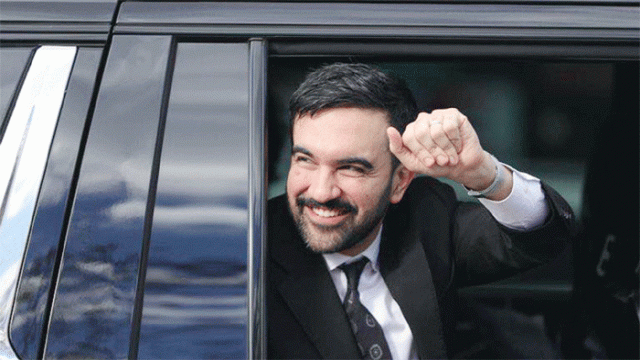



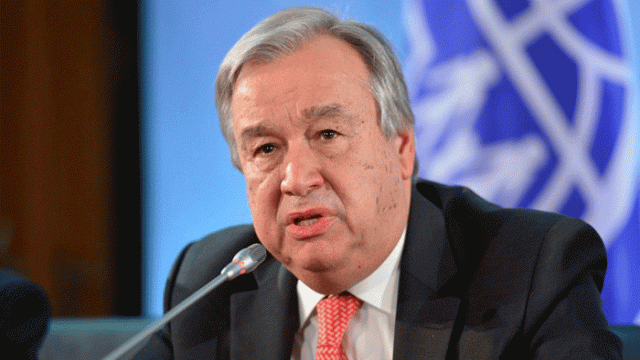
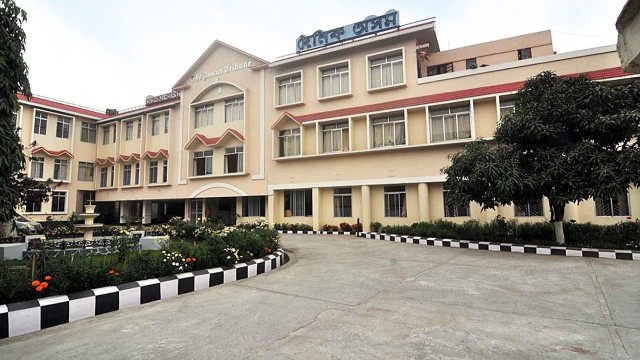
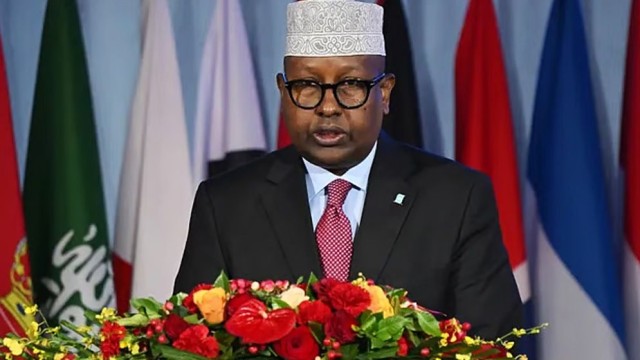
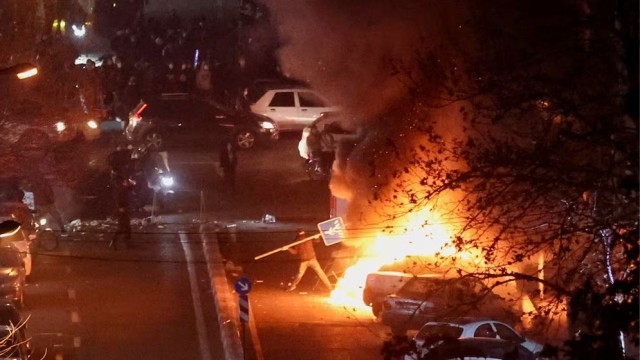
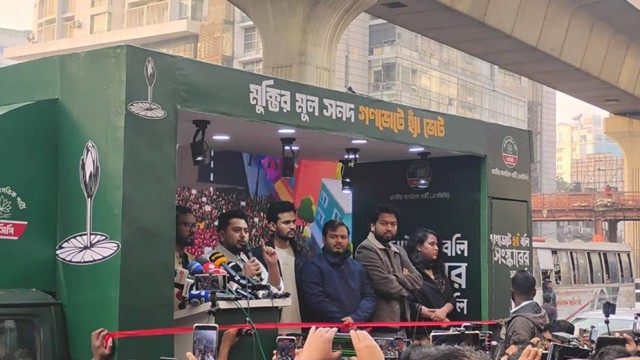


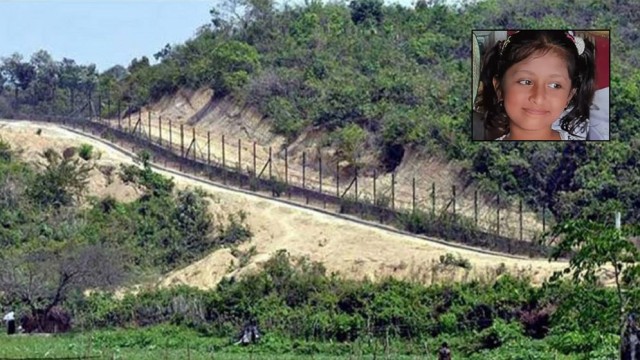
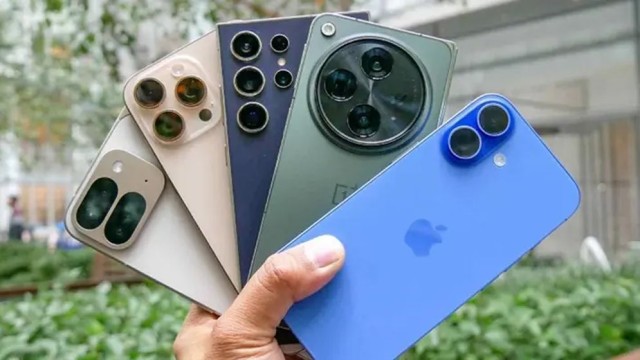

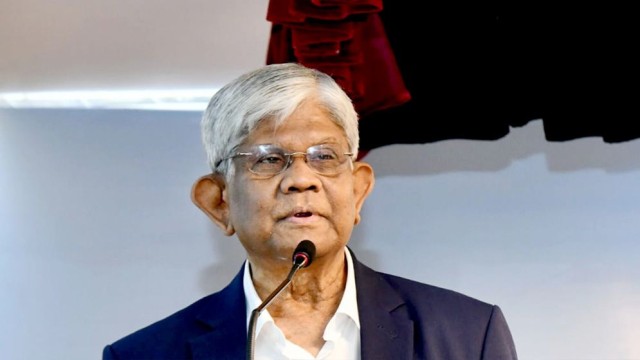
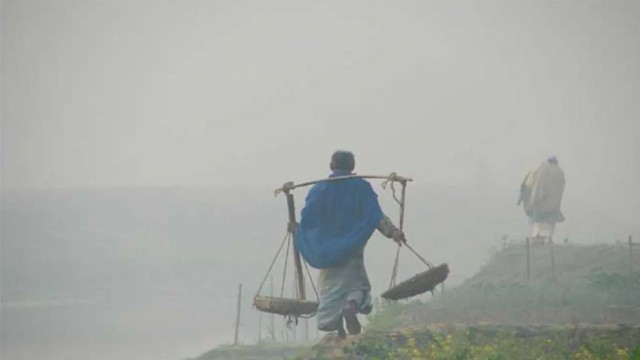

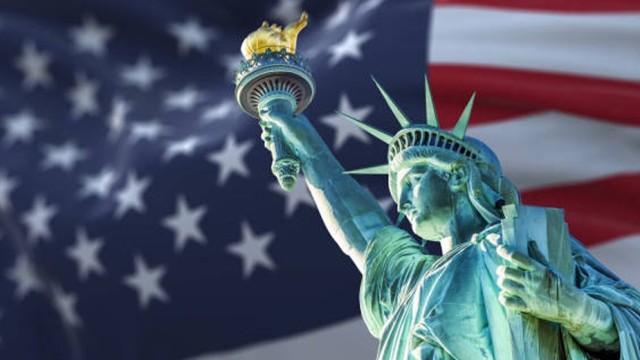
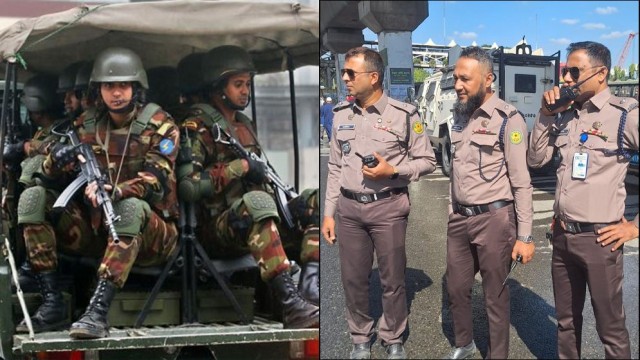
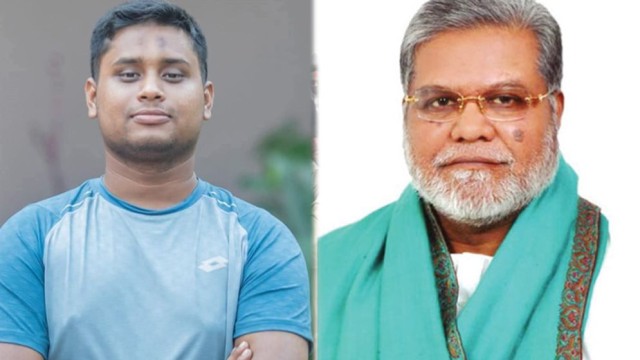


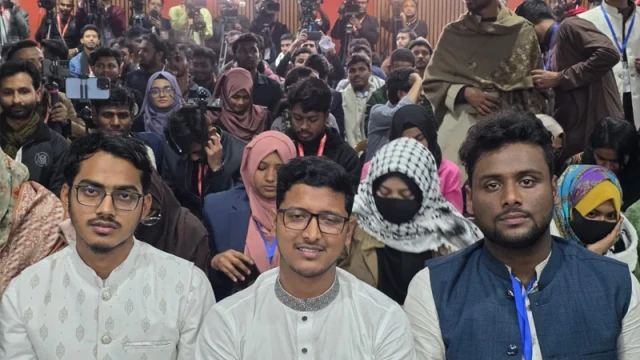
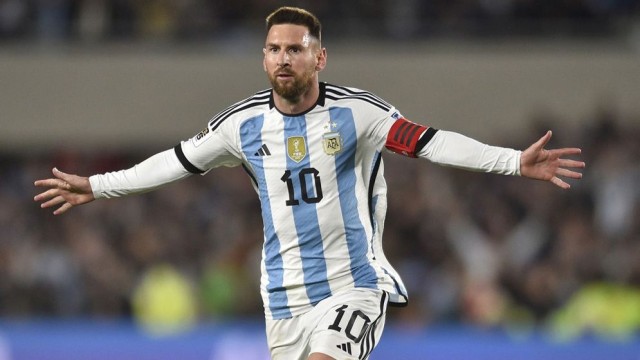


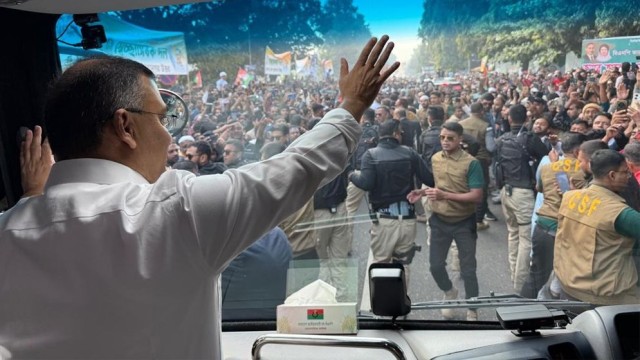
Comment: